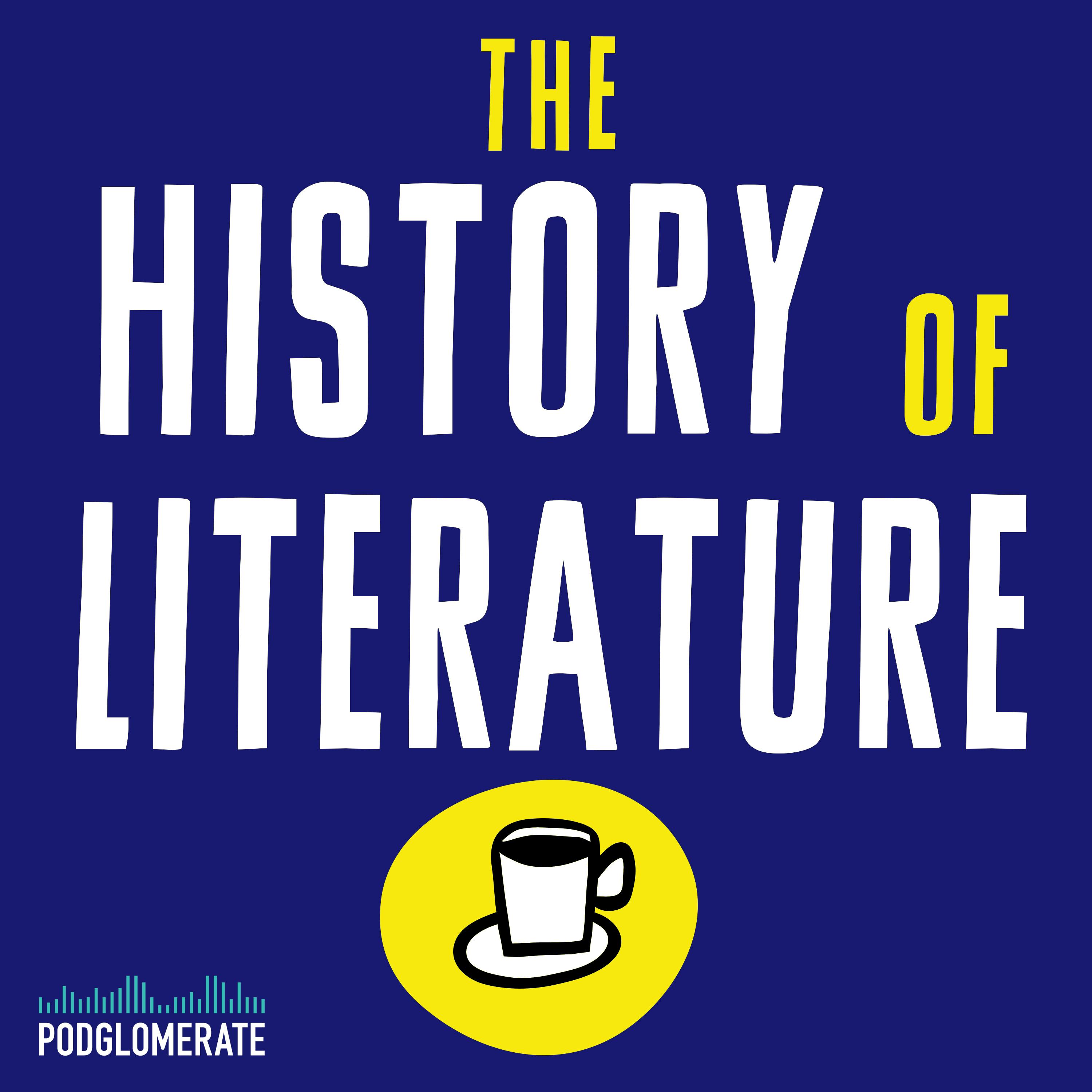
642 Theater and Democracy (with James Shapiro)

The History of Literature
Shownotes Transcript
It's hard to imagine now, but the United States government wasn't always hostile or indifferent to the arts. In fact, from 1935 to 1939, President Franklin Delano Roosevelt's New Deal Government responded to the Great Depression by staging over a thousand theatrical productions in 29 states that were seen by thirty million (or nearly one in four) Americans, two thirds of whom had never seen a play before. How did Roosevelt's administration come to hire over twelve thousand struggling artists, including Orson Welles and Arthur Miller? How successful were the plays? And what ultimately shut them down? James Shapiro (The Playbook: A Story of Theater, Democracy, and the Making of a Culture War)) joins Jacke for a discussion of the Federal Theatre Project and its legacy.
Additional listening suggestions:
374 Ancient Plays and Contemporary Theater (with Bryan Doerries))
624 Top 10 Great Performances (with Laurie Frankel) | My Last Book with James Shapiro)
The music in this episode is by Gabriel Ruiz-Bernal. Learn more at gabrielruizbernal.com).
Help support the show at patreon.com/literature) or historyofliterature.com/donate). The History of Literature Podcast is a member of Lit Hub Radio and the Podglomerate Network. Learn more at thepodglomerate.com/historyofliterature).
Learn more about your ad choices. Visit megaphone.fm/adchoices)